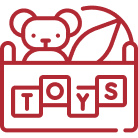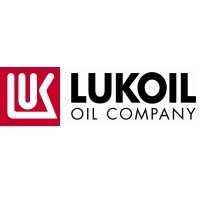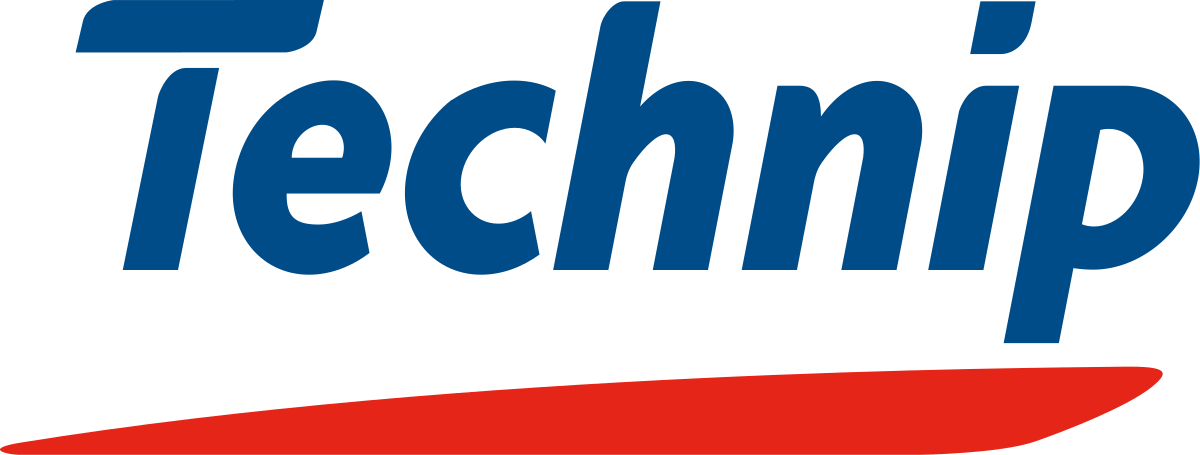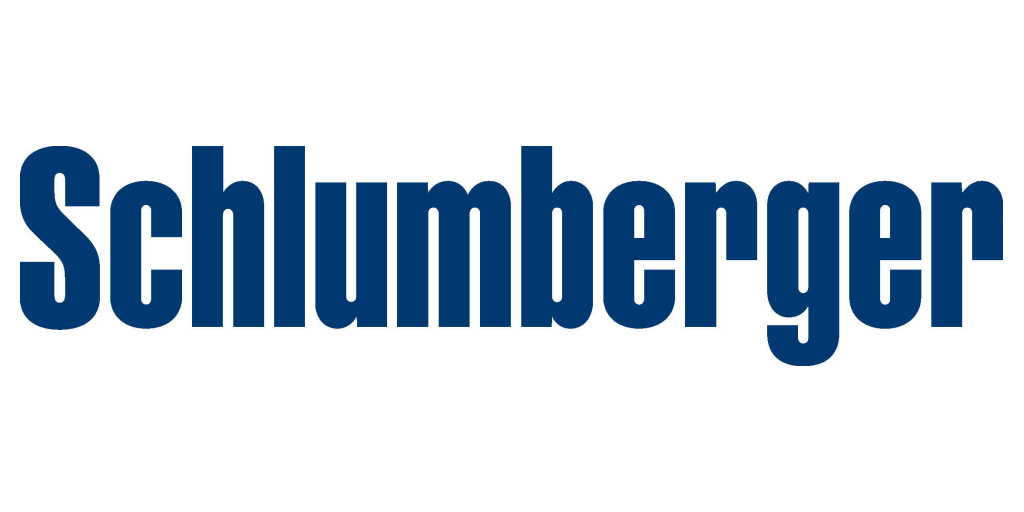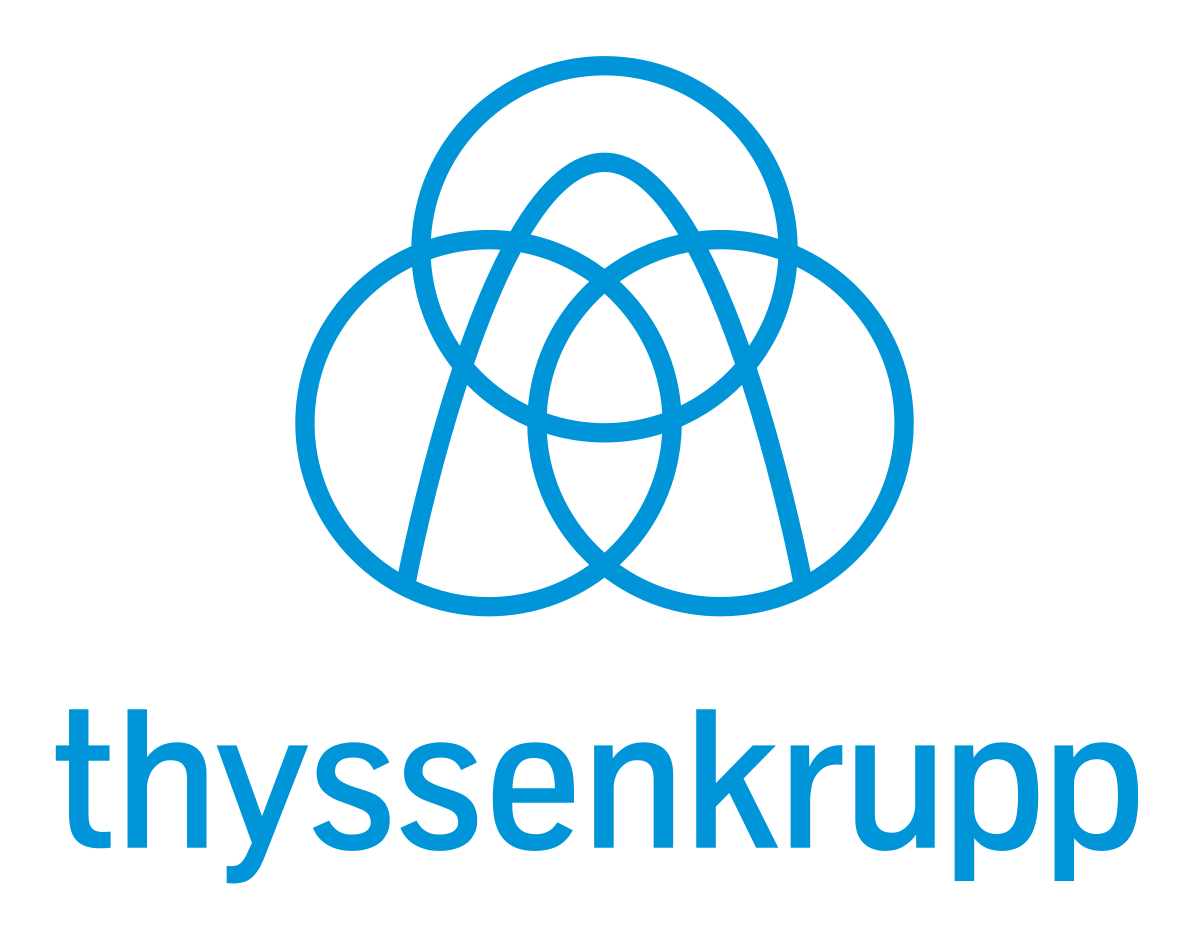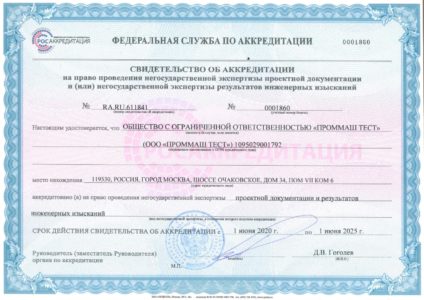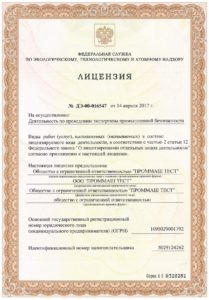
TR CU 017/2011 applies to light industry products that enter the EEU market. The place of production does not matter, the requirements for products manufactured in the EEU and imported from third countries are the same.
Products to which TR CU 017/2011 applies:
- textile materials used to make clothing, underwear, towels, bedding and table linen, curtains, furniture upholstery, etc;
- felt, felt and nonwoven materials;
- knitted and sewn products (towels, handkerchiefs, scarves, bedding, etc.);
- fur, leather (including artificial leather) and products made thereof;
- clothing and footwear (outdoor, home, for any season)
- rugs, runners, floor coverings made by machines;
- handicrafts made of leather and textiles (bags, belts, gloves, etc.);
A complete list of regulated products (with HS codes) can be found in the Decision of the Board of the Eurasian Economic Commission No. 228 of October 15, 2013. There is a small number of products, makes an exception, it is listed in paragraph 4 of Article 1 of TR CU 017/2011.
How conformity is confirmed
Both a certificate and a declaration may be required for products – depending on their type. Hosiery products related to the 1st layer, bed linen, underwear, corsetry and swimwear are certified. The rest of the products must be declared. If necessary, our experts will answer all questions and help you understand.
Applicant, that is, the person in whose name these documents are issued, can be the manufacturer, importer (seller) or the official representative of the manufacturer. Information on the certificate or declaration is entered into the national part of the Unified Register (FGIS FSA). The register is publicly available on the website of the FSA (Rosakkreditatsiya). The certificate is registered by the issuing certification body, and the declaration – by the applicant, in the order established by RF Government Decree № 936 from 19.06.2021.
Validity of documents for serial products can be up to 5 years, in the case of a batch of products, their validity is not set.
Stages of certification
- The certification expert and project manager will tell you about the procedure for providing the service.
- You will receive an exact list of documents that need to be collected based on the conditions of your application (including the documents needed for production evaluation, if they are included in the certification scheme).
- The expert will identify and select samples of the goods, and then organize their testing in an accredited laboratory.
- When certifying the products of serial production, the expert will analyze the state of production. It is necessary to make sure that the manufacturer has all the necessary conditions to ensure the stable output of certified products to the requirements of technical regulations.
- If the results of tests and inspections of production are positive, the certification body will issue you a certificate.
- If the certificate is issued for serial products, then during the period of its validity we will conduct inspection control with the specified periodicity – at least once a year. It is necessary to make sure that the manufactured products still meet the established requirements.
We can help you with the declaration!
We are ready to help you to conduct the procedure according to all the rules:
- provide a list of documents that need to be collected, taking into account the conditions of your application;
- help you to fill in the declaration;
- explain where and how to obtain EDS, which is required for registration of the declaration in the registry;
- check all documents;
- upload a draft of the declaration with the attached documents to the registry IGIS (you will only need to sign it with your EDS).
- Packaging that meets the requirements of TR CU 017/2011 is marked with a special EAC marking.
If you, as a foreign company, do not have an official representative on the territory of the EEU, we are ready to carry out the conformity assessment procedure on our behalf.
We will coordinate the layout of the product authorization document with you in advance in order to avoid possible errors in it.
The service is provided on the basis of a contract for the function of a foreign manufacturer in terms of ensuring compliance of the supplied products with the requirements of the technical regulations of the Customs Union and in terms of liability for non-compliance of the supplied products with the requirements of the technical regulations of the Customs Union.






